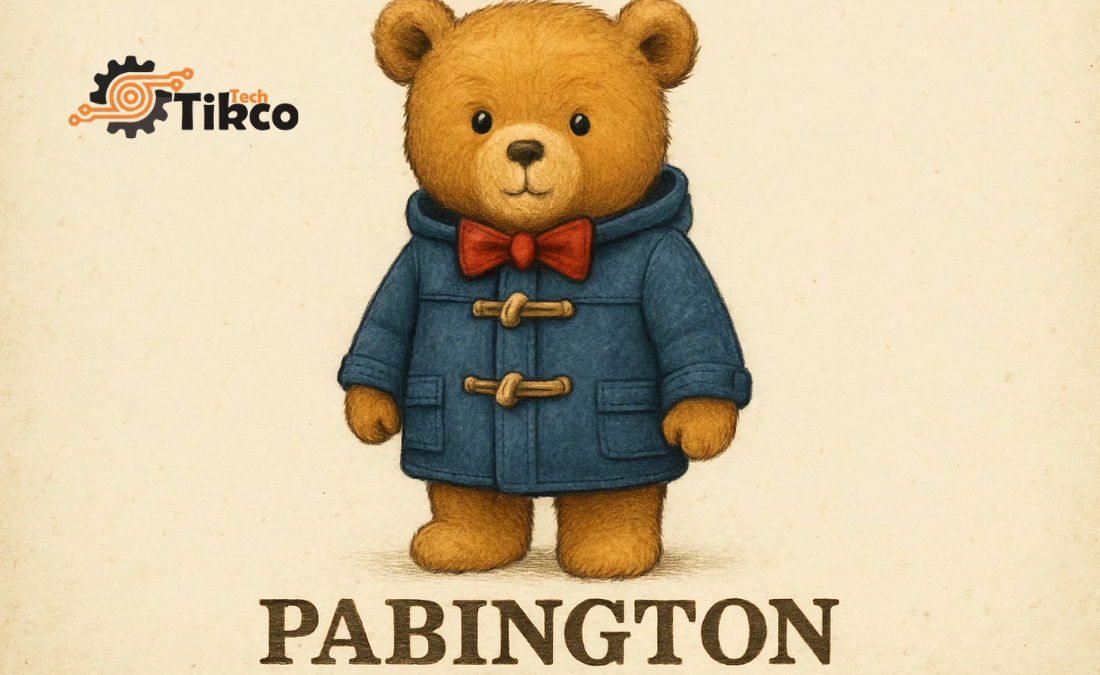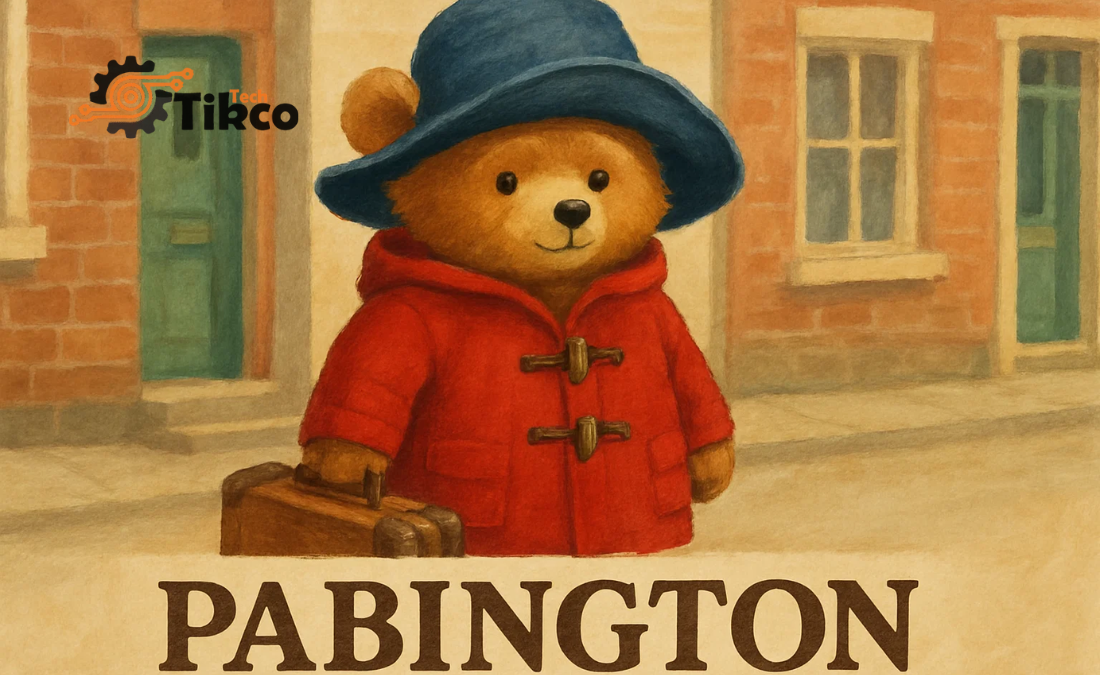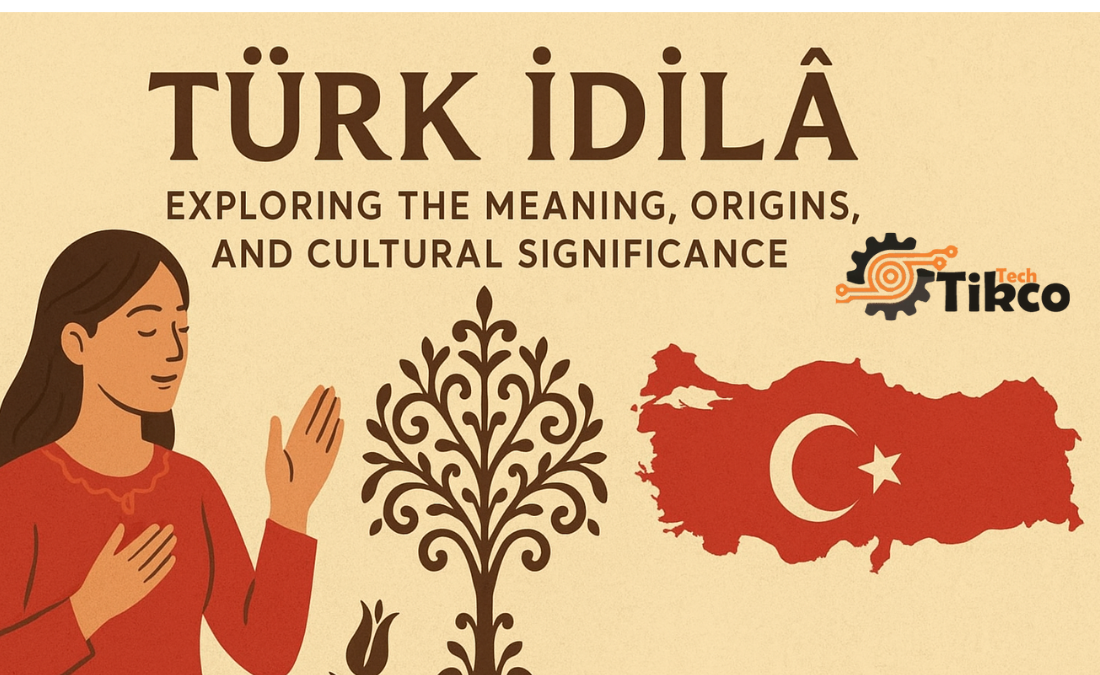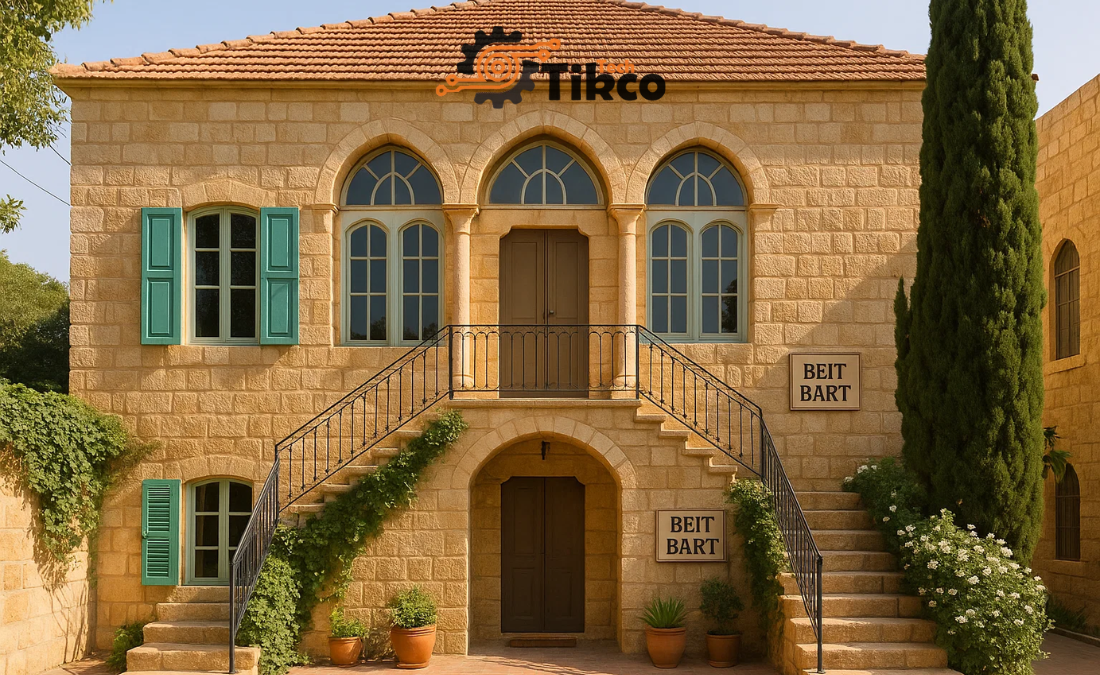Introduction to Pabington
The word Pabington may sound unique and mysterious, yet it sparks curiosity about its origins, cultural background, and potential meanings. While it is not a widely recognized term in mainstream dictionaries, many keywords and names like Pabington often hold historical, cultural, or geographical significance. In this article, we will explore what Pabington could represent—its possible linguistic roots, historical associations, and symbolic interpretations.
From being a possible surname to a place name or even a coined word, Pabington carries with it a sense of uniqueness that invites exploration. Let us dive into its possible dimensions.
The Linguistic Roots of Pabington
Linguistically, the word Pabington appears to follow the structure of traditional English surnames and place names. The suffix “-ton” is of Old English origin and often means town or settlement. Examples include names like Brighton, Luton, and Wolverton.
- “Pabing” could derive from a personal or tribal name. In Anglo-Saxon naming traditions, families and clans would often append “-ton” to the name of a leader or ancestor, signifying a settlement belonging to that group.
- Thus, Pabington might mean “the town or settlement of the Pabing family or followers.”
This suggests that the keyword could historically be tied to a village, estate, or surname that has long faded from common use but retains a structural similarity to authentic English place names.
Pabington as a Surname
In many cases, words like Pabington emerge as surnames. Surnames derived from locations were common in medieval England, where individuals were identified by the towns or estates they came from.
- A person originally from Pabington would have been known as “John of Pabington,” which, over time, became shortened to John Pabington.
- This practice was especially widespread after the Norman Conquest of England in 1066, when the need for clearer identification systems became essential for taxation and land ownership records.
If Pabington exists as a surname, it would likely be rare and carry historical prestige, connecting families to a long lineage.
Pabington and English Place Names
England is full of small villages and hamlets with names that might not appear on modern maps. Many have disappeared due to urbanization, agricultural shifts, or historical upheavals such as the Black Death or enclosure movements.
It is possible that Pabington was once a small settlement that has since been lost or merged into a larger town. Such “lost villages” are common in England, with records preserved only in historical archives.
Even if no modern-day village called Pabington exists, the name carries the same aura as English heritage towns, evoking images of rolling hills, stone cottages, and deep-rooted traditions.
The Symbolic Meaning of Pabington
Beyond its linguistic and historical interpretations, Pabington may also be viewed symbolically:
- Heritage and Legacy: The structure of the name suggests continuity, ancestry, and the preservation of history.
- Community and Belonging: With “-ton” meaning settlement, it highlights the human need for gathering, community, and roots.
- Uniqueness and Identity: As a rare or possibly invented name, Pabington stands out, representing individuality.
In modern branding, such a word could easily be used for businesses, fictional locations, or even artistic projects, thanks to its authentic English-sounding style.

Pabington in Literature and Fiction
Writers and creators often invent names that resemble authentic English surnames or locations. A word like Pabington could serve as:
- A fictional village in a historical novel, filled with stories of knights, villagers, and old customs.
- A family name in a mystery or period drama, suggesting nobility or deep ancestral roots.
- A brand name for a product, book, or film, because it feels traditional yet unique.
Just as J.K. Rowling used old English roots to create names in Harry Potter, Pabington could easily find a place in literature or storytelling.
The Possible Origins of the Word Pabington
There are multiple theories one could apply to trace the potential origin of Pabington.
- Anglo-Saxon Roots
- Derived from a leader or tribe called Pabing or Pabba.
- With “-ton,” it became the settlement of that group.
- Invented or Modified Word
- Some names are modern inventions inspired by old naming patterns.
- Pabington could be a newly coined name with no specific historical basis.
- Phonetic Evolution
- Over centuries, words evolve. A name like Pabinton or Babington could have transformed into Pabington.
- Surname Variant
- The surname Babington is a documented English name, and Pabington may be a variant influenced by dialect or transcription errors in historical records.
Pabington in Modern Context
In the modern world, names like Pabington might be adopted for various uses:
- Educational Institutions: Universities or schools often take on heritage-inspired names to signify tradition.
- Hospitality Industry: Hotels, inns, or restaurants may choose names like The Pabington Arms to evoke a classic English charm.
- Corporate Branding: Companies may adopt such names for prestige, trustworthiness, and a touch of history.
Even if Pabington is not widely recognized, its structure gives it credibility and usability in professional and creative contexts.
Cultural Significance of Pabington
Culturally, the keyword Pabington can be associated with:
- English Aristocracy: Surnames with “-ton” endings are often linked to estates and nobility.
- Literary Traditions: The English countryside and fictional villages in literature frequently carry similar names.
- Global Heritage Appeal: In an age where heritage branding is powerful, a word like Pabington appeals to audiences seeking authenticity.
Thus, whether real or invented, the word resonates with cultural undertones of history, identity, and belonging.
The Future of the Word Pabington
With globalization and digital presence, rare and unique names are highly valuable. Pabington could emerge as:
- A domain name for a website.
- A trademarked brand in fashion, education, or hospitality.
- A fictional setting in novels, films, or video games.
Its adaptability makes it timeless and versatile.
Conclusion on Pabington
In conclusion, Pabington is a fascinating word that reflects the deep interplay of history, language, and identity. While it may not yet hold mainstream recognition, its structure ties it strongly to English traditions of surnames and place names. It could represent a lost village, a family surname, or simply a symbolic invention carrying cultural richness.
From its Anglo-Saxon linguistic roots to its potential use in modern branding and literature, Pabington holds versatility and timeless charm. The keyword may continue to intrigue researchers, writers, and entrepreneurs alike—standing as a reminder that even a single word can carry layers of history and meaning.




